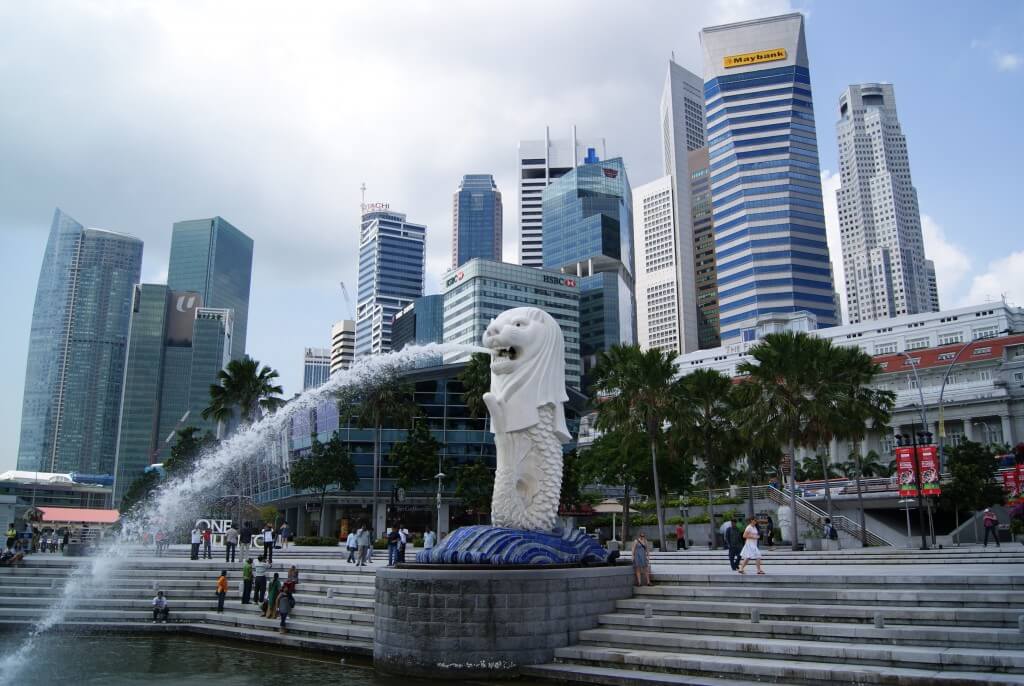Singapore’s Central Bank Issues New Guidelines on ICO Securities Laws

Singapore’s central bank has issued new guidelines on initial coin offerings (ICOs) providing guidance on how tokens should be applied under its securities laws.
In its 13-page document titled ‘A Guide to Digital Token Offerings ,’ the Monetary Authority of Singapore (MAS), Singapore’s central bank and financial regulator, wrote that:
Offers or issues of digital tokens may be regulated by MAS if the digital tokens
are capital markets products under the Securities and Futures Act (SFA). Capital markets products include any securities, futures contracts and contracts or arrangements for purposes of leveraged foreign exchange trading.
It adds that it will ‘examine the structure and characteristics’ of a digital token to determine if it is a type of markets products under the SFA. The report states that a digital token may constitute the following:
- a share, where it confers or represents ownership interest in a corporation, represents liability of the token holder in the corporation, and represents mutual covenants with other token holders in the corporation inter se;
- a debenture, where it constitutes or evidences the indebtedness of the issuer of the digital token in respect of any money that is or may be lent to the issuer by a token holder; or
- a unit in a collective investment scheme (“CIS”), where it represents a right or interest in a CIS, or an option to acquire a right or interest in a CIS.
The report provides a selection of case studies, illustrating how the securities laws administered by MAS may apply. It adds, though, that these are ‘not indicative or conclusive of how the securities laws will apply to a particular case involving an offer or issue of digital tokens.’
In the first case study, which focuses on a token tied to the sharing and rental of computing power amongst users of the platform, MAS have said that this wouldn’t constitute securities under the SFA. Yet, in case two, the development of properties and operating commercial buildings by offering digital tokens that represent a share in the company, the regulator states that this would constitute securities under the SFA.
These new guidelines from MAS echo previous comments from the central bank that ICOs should be regulated under the SFA. In August, the financial regulator announced that it was going to regulate the issuance of digital tokens or ICOs. At the time, Singapore was experiencing an increasing number of token sales as a means of raising funds, with concerns that digital tokens were evolving beyond that of a virtual currency.
Featured image from Shutterstock.